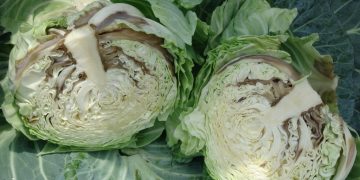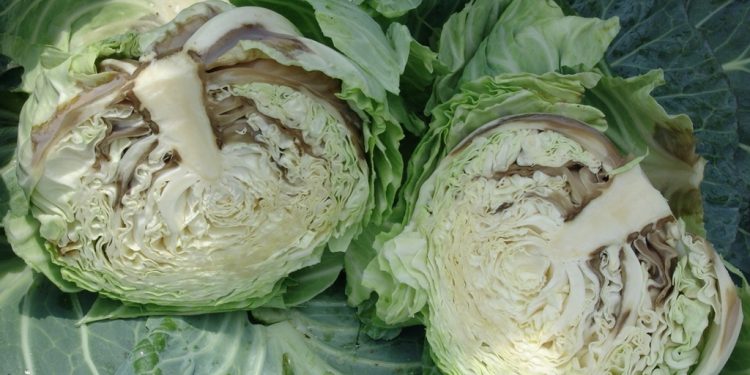#BacterialSoftRot #PectobacteriumCarotovorum #PlantDisease #CropLoss #AntibioticResistance #BiologicalControl #FoodSecurity #Agriculture
Bacterial soft rot is a serious plant disease caused by Pectobacterium carotovorum, a gram-negative bacterium that can infect a wide range of crops, including potatoes, carrots, onions, and tomatoes. The bacterium typically enters plants through wounds, and its rapid spread can result in significant crop loss and economic damage.
The development of Pectobacterium carotovorum has been a concern for the agricultural industry for many years. The bacterium is highly adaptable and can thrive in a variety of environments, making it difficult to control. In addition, the overuse of antibiotics has led to the emergence of antibiotic-resistant strains of Pectobacterium carotovorum, further complicating treatment options.
One consequence of the development of Pectobacterium carotovorum is the need for effective prevention and control strategies. Crop rotation, careful irrigation practices, and the use of disease-resistant cultivars can help to reduce the spread of the disease. Additionally, farmers and growers can use biological control agents, such as bacteriophages, to target and destroy Pectobacterium carotovorum without harming beneficial microorganisms.
Another consequence of the development of Pectobacterium carotovorum is the need for continued research and innovation. Scientists are working to develop new treatments and strategies to combat the bacterium, including the use of natural plant extracts and biocontrol agents. These efforts are crucial in maintaining the health and productivity of crops and ensuring food security for the growing global population.
Bacterial soft rot caused by Pectobacterium carotovorum is a serious threat to agricultural productivity and food security. Effective prevention and control strategies, as well as continued research and innovation, are crucial in mitigating the impact of this disease.































